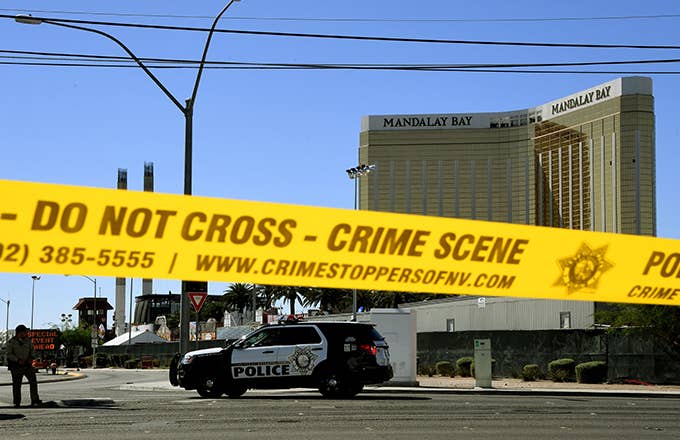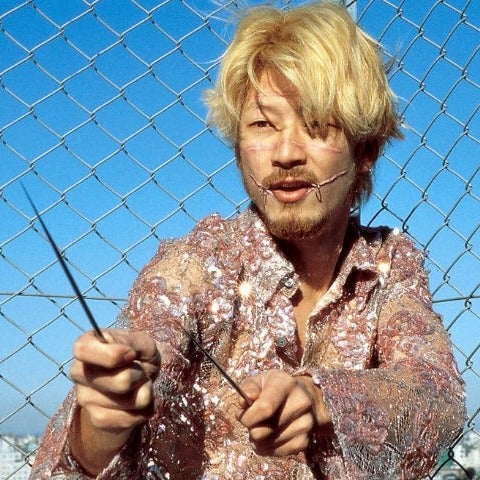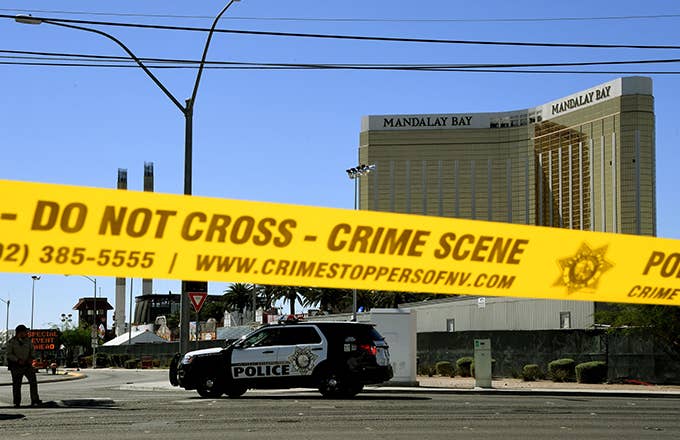
The family of a woman who was killed during the Oct. 1, 2017 mass shooting during a music festival on the Las Vegas strip filed a wrongful death lawsuit against eight gun manufacturers and three dealers. The Associated Press reports that the lawsuit alleges these gun makers, which include Colt, designed weapons that can be easily modified to fire similarly to automatic weapons through the use of bump stocks and other mods.
Carrie Parsons was one of the 58 people killed during the Las Vegas shooting, which remains the deadliest mass shooting in modern U.S. history. Parsons' family argues that the firearms manufacturer by these gun companies, and sold by shops in Nevada and Utah, are "thinly disguised" machine guns that don't even need a bump stock to allow rapid fire.
The gunman in the shooting used a bump stock on a number of AR-15-style weapons, and as a result of the massacre the Trump administration later banned bump stocks. As well as the 58 victims, the shooter injured over 800 others. The Parsons family lawsuit claims gun makers have also specifically marketed AR-15s and other similar weapons for their ease of rapid-fire modification as well as in their design, which would violate state and federal bans on automatic weapons.
The lawsuit adds that Colt and the seven other manufacturers have showed a "reckless lack of regard for public safety" in advertising their firearms "as military weapons and signaling the weapon’s ability to be simply modified." The family has cited countless videos found online in which people show how to install modifications to rifles.
"It was only a question of when-not if-a gunman would take advantage of the ease of modifying AR-15s to fire automatically in order to substantially increase the body count during a mass shooting," the lawsuit continues. "Having created the conditions that made a mass shooting with a modified AR-15 inevitable, Defendant Manufacturers continued conducting business as usual."
A 2005 federal law has commonly shielded gun manufacturers from liability in the case with most high-profile shootings. However, earlier this year the Connecticut Supreme Court ruled that Remington could be sued for the way it marketed a rifle that was used during the Sandy Hook Elementary School shooting in 2012. Dozens of lawsuits have been filed following the Oct. 1, 2017 Vegas attack, although this is the first one to specifically square off against the manufacturers.

